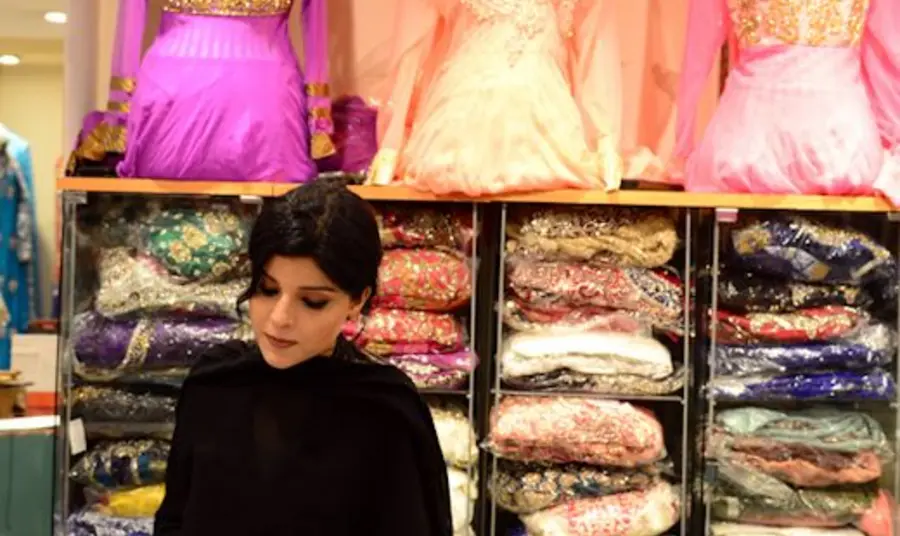
Projects
Exploring the heritage of migrant communities along the number five bus route
Taking inspiration from the number five bus route, Sampad documented the heritage of communities living in the culturally-rich suburbs of Birmingham.

Projects
Taking inspiration from the number five bus route, Sampad documented the heritage of communities living in the culturally-rich suburbs of Birmingham.
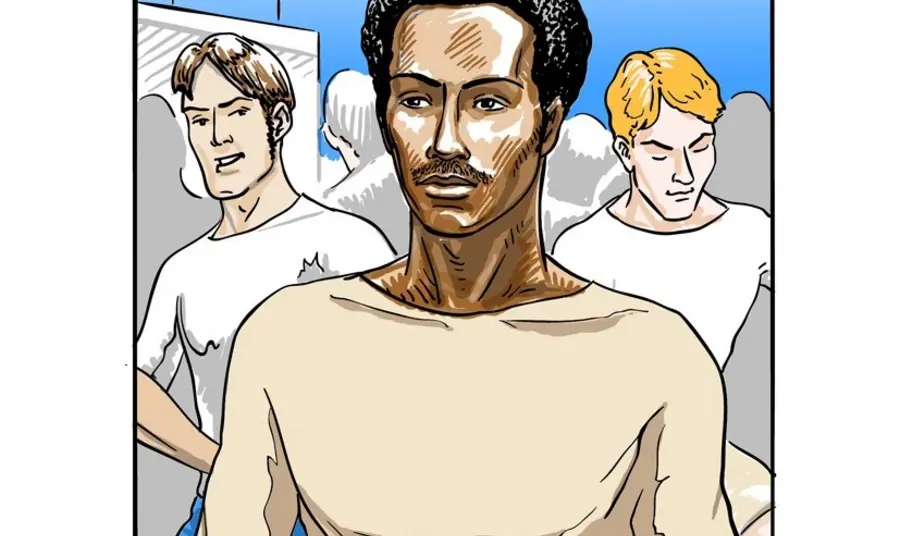
Projects
This project told the story of the UK's first professional black footballer, with free educational resources exploring Arthur Wharton's heritage.
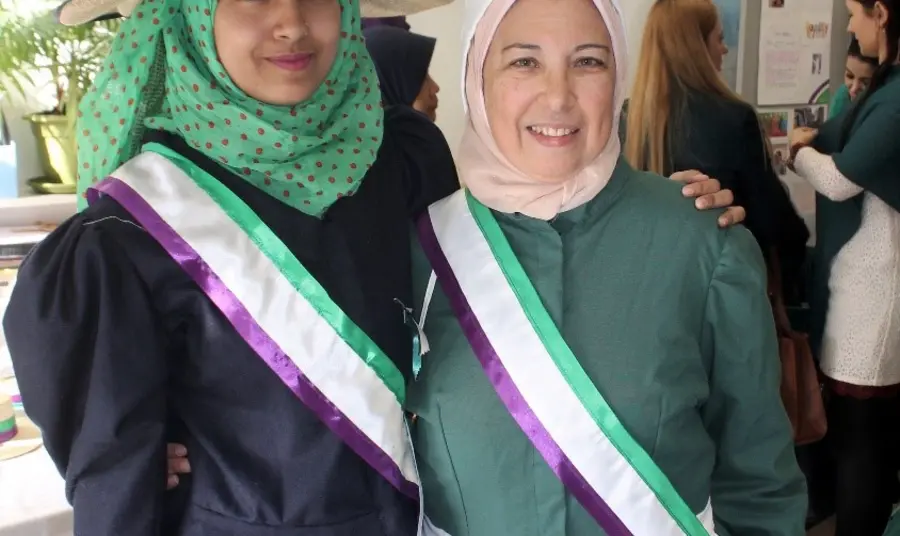
Projects
Women who live in the North East explore their region's incredible connection to the First World War and Suffrage movement.
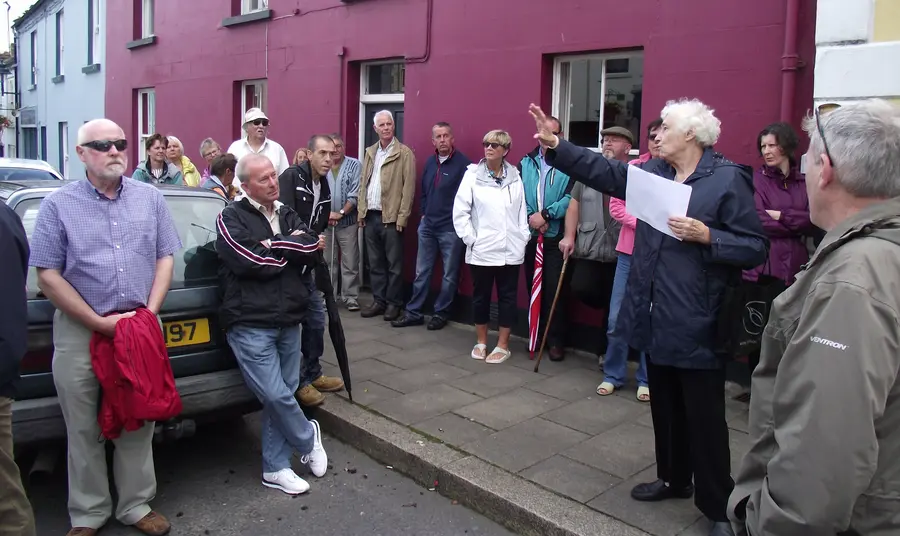
Projects
Catholic and Protestant communities were brought together in this project investigating the impact of the First World War on the local area.
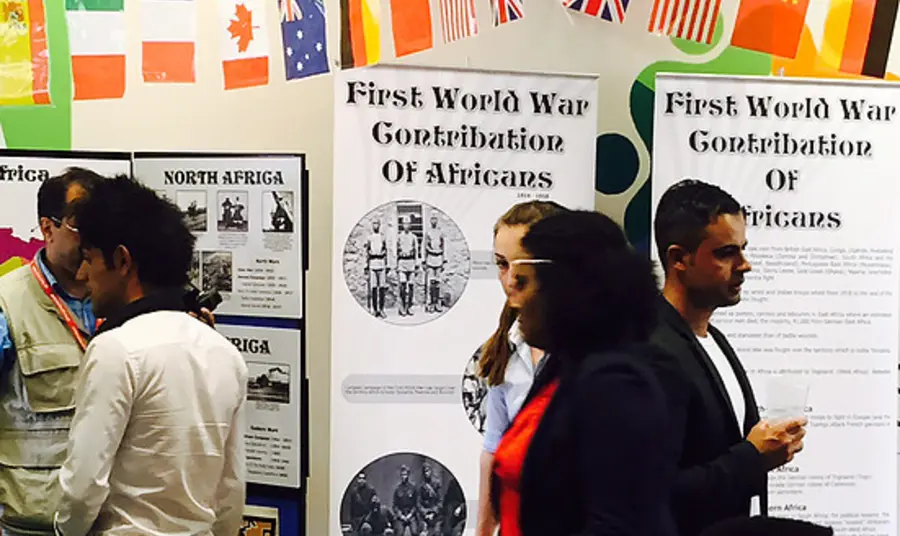
Projects
Cultures CIC led a First World War project put together by the young people in the Teesside area which explored the contributions of African people and the effect of the war on the African continent.
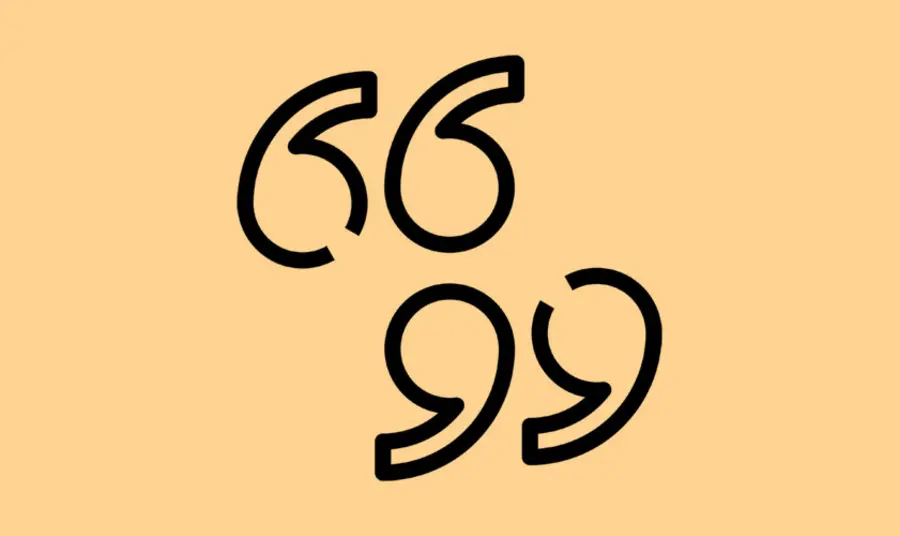
Projects
This project focused on the life of Walter Tull, the first black player for Tottenham Hotspur FC and one of the first black soldiers to have served as an officer during the First World War.
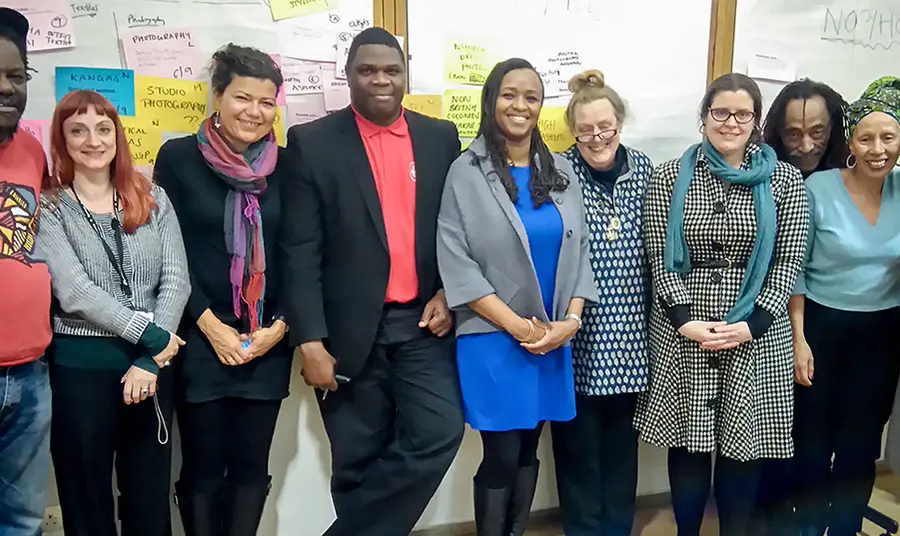
Projects
Meaningful relationships were built with local communities and diverse experts in this Collecting Cultures project, which saw new ways of working trialled and access widened.
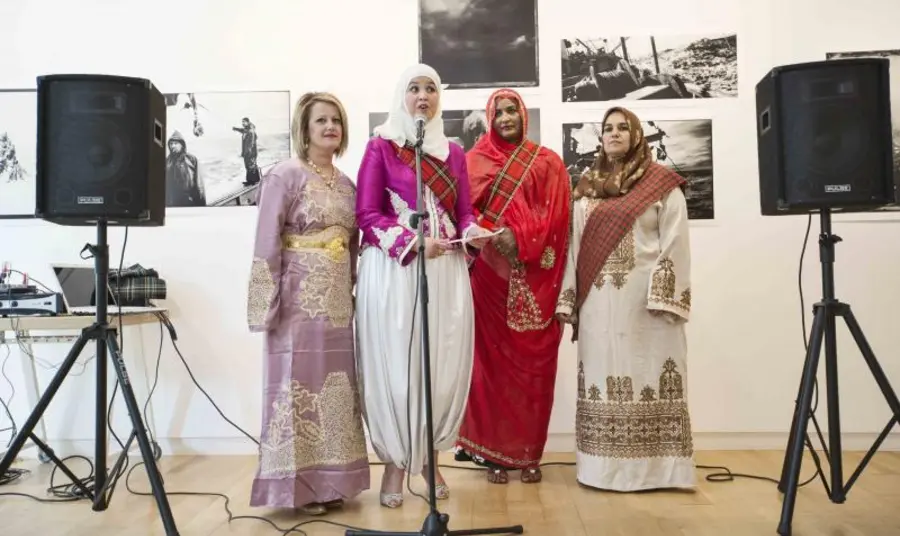
Projects
International Womens Group explored the connection between Scottish haggis and similar dishes from countries such as Syria, Iran and Egypt.

Projects
Young people from Midland Actors Theatre joined the Library of Birmingham to explore and share the 160-year history of New Street Station.
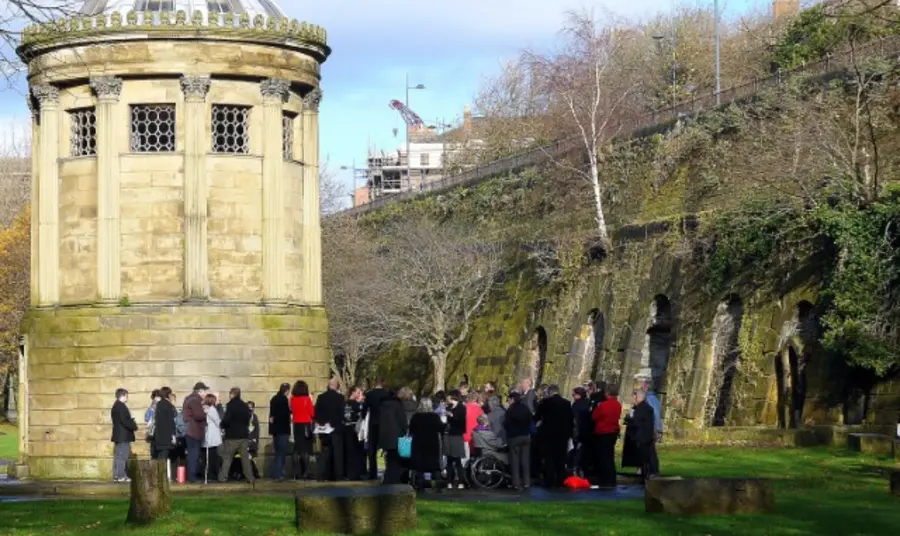
Projects
A city-wide project celebrated the extraordinary life of activist Edward Rushton as part of DaDaFest International 2014.
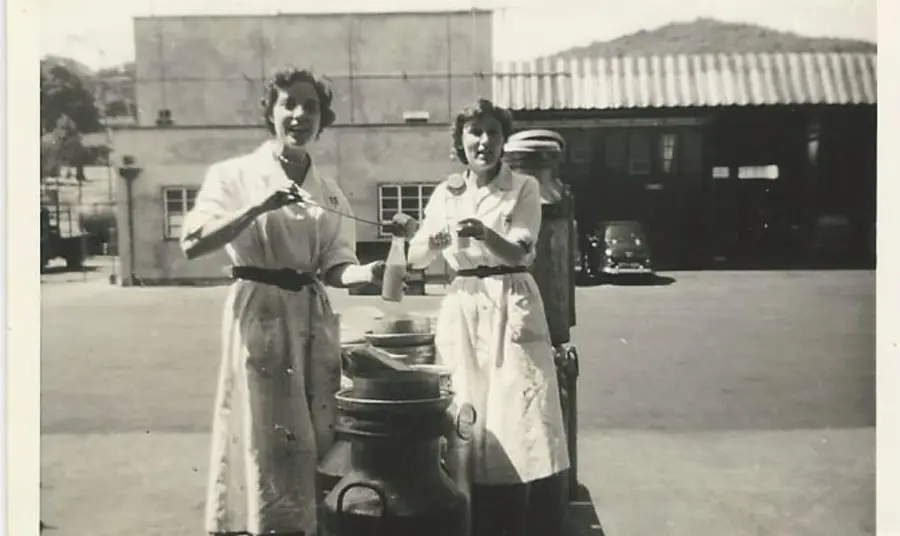
Projects
The Women’s Archive of Wales recorded the experiences of women working in factories across the country after 1945, filling a gap in our social history.

Projects
For Friction Arts' I-Land Life project, young people from Birmingham's Five Ways Estate discovered stories of their families' heritage and migration to Britain.